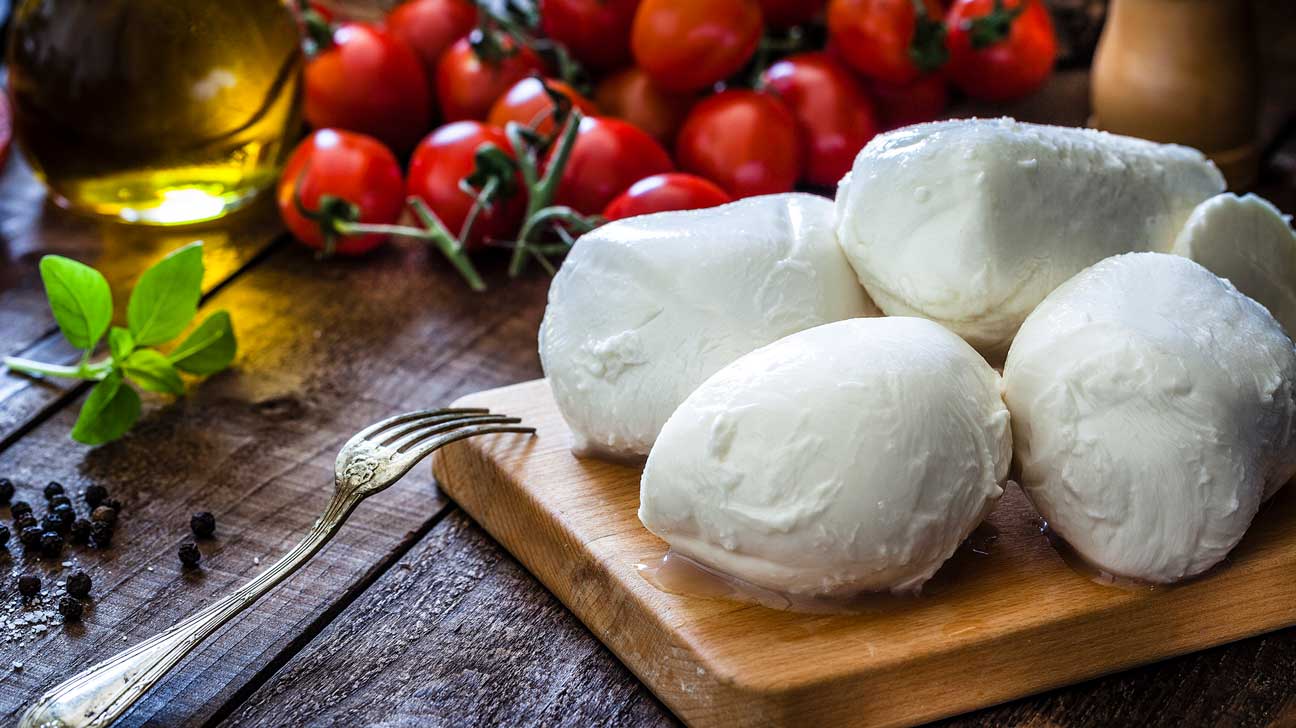
8 Cheesy Facts to be Aware Of
Cheese is an ingredient that can make any delicacy or foodstuff better. However, cheese is much more versatile than any other ingredient as well.
The problem is that most homemakers and people who cook occasionally do not know how to use cheese to its fullest potential.
That is why; today we will share with you 8 amazing facts about cheese so that you can use it better and enjoy this ingredient which can make any foodstuff delicious.
If you are crazy about cheese, you can try out all the different types in the market if you visit this store.
Can you fry cheese?
Yes, you can fry any cheese which has a high melting point. Some cheese variants have such high melting points as paneer, mozzarella, fresh cheese curd, halloumi, etc.
Fried cheese certainly tastes good since it is a bit crispy on the exterior and melted on the interior because of the heat from frying.
Fried cheese can be used with other ingredients like a warm slice of bread to make a simple but delicious sandwich. Similarly, you can add fried cheese to any recipe as a garnish.
The next time you want to add cheese to any recipe, try the fried variant.
Can you eat the cheese rind?
Yes, the cheese rind is perfectly safe and edible in most cases. However, not all of them have a strong and delicious flavor.
The ones that are washed or bloomy should be preferred over other cheese rinds. Many cheese rinds are made from wax or cloth.
You should avoid these and discard these when using the cheese.
For example, the natural rind of Parmesan is suitable for consumption. You can use this in any recipe or even while making a broth.
However, you will find it very stiff if you want to eat it on a stand-alone basis. Thus, even though the cheese rind might be safe for consumption, you must use them carefully depending on the type of cheese you are dealing with.
Can you melt cheese in the microwave?
Yes, you can melt cheese in the microwave and consume it. However, the temperature you set in the microwave will vary depending on the cheese you’re dealing with.
For example, you need to melt the shredded cheese at 90°F for 15 to 20 seconds, and it will be ready. Similarly, you can melt American cheese at 150°F for fifteen seconds and consume it. If this type of cheese becomes lumpy, add a little lemon juice or vinegar to avoid the lumps.
Similarly, cream cheese can be melted in a microwave at 90° for fifteen seconds and is ready to consume.

What can you substitute for feta cheese?
Various cheese types can substitute feta cheese like cottage cheese, Goat cheese, Queso Fresco, Halloumi, and Mizithra.
Out of these, cottage cheese is the best option since it is versatile and can be used in gravies, stand-alone basis, garnish, and so on.
Can you get food poisoning with cheese?
Yes, technically, it is possible to get food poisoning with cheese. That can only happen when cheese is made from raw unpasteurized milk.
That is why, when going with any softer cheese like queso Fresco, feta, or blue-veined cheese, you need to be sure about the quality of the milk used.
During the process of pasteurization, germs are killed in the milk. That is why if you make cheese with non-pasteurized milk, the chances of germs in cheese are pretty high, resulting in food poisoning.
There is another case in which food poisoning can occur from cheese. That is when consuming extremely old cheese. In that case, the cheese can have mold growth or bacteria growth.
It can be fatal in extreme circumstances if you consume such ease. Under usual circumstances, it can lead to food poisoning, diarrhea, stomach pain, and even vomiting.
That is why it is important to check the quality of cheese and the type of milk used while making cheese and then consuming it.
Is it safe to eat cheese from a can?
Yes, it is safe to eat cheese from a can. However, there are a few tips that you need to follow for safe consumption.
- Check the expiry date:
Make sure that the contents of the can (including cheese) haven’t expired. After the expiry date, the risk of mold growing on the cheese is pretty high, so consumption should be avoided after the expiry date.
- Check for visible signs of growth:
Even before the expiry date, mold and mildew can grow on cheese. Before consuming cheese, check the surface for any signs of mold and mildew growth. Very few cheese types grow mold when they are ripe. If you’re dealing with such a cheese, look out for the two other tips apart from this one.
- Smell it:
It is a good idea to smell the cheese before consuming it. If you notice any foul stinking smell, it is good not to consume that cheese.
Keep these three tips in mind when consuming cheese from a can; you shouldn’t have a problem.
Can you freeze cheese?
Yes, you can freeze cheese and store it for 6 to 9 months. However, to do so, it is important to freeze it correctly.
The steps you need to follow include:
- Step one: cut the portion of cheese you need to freeze.
- Step two: wrap it in plastic wrap.
- Step three: put the wrap in an airtight container.
- Step four: rapidly freeze it and store it in the refrigerator’s freezer section.
Using these four simple steps, you can freeze the cheese and store it for as long as nine months.
You must remember that before you use the frozen cheese, you need to thaw it.
What types of cheese can you grill?
You can grill cheese variants like cottage cheese, halloumi, feta, kefalotyri, Queso Panela, and Kasseri. Almost these can be used as a garnish or the main ingredient in your recipe when grilling it.
Thus, instead of thinking that cheese is limited only to pizza, it is a good idea to consider our guide above, and you will know how to consume various cheese types and the right way to store cheese.




